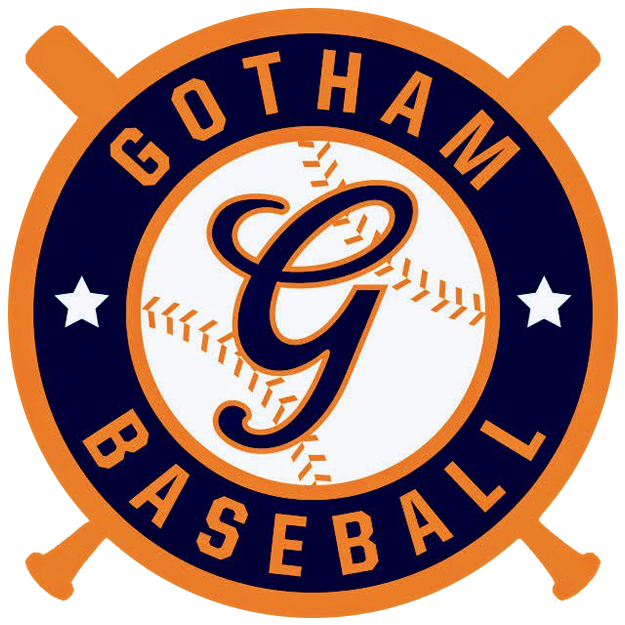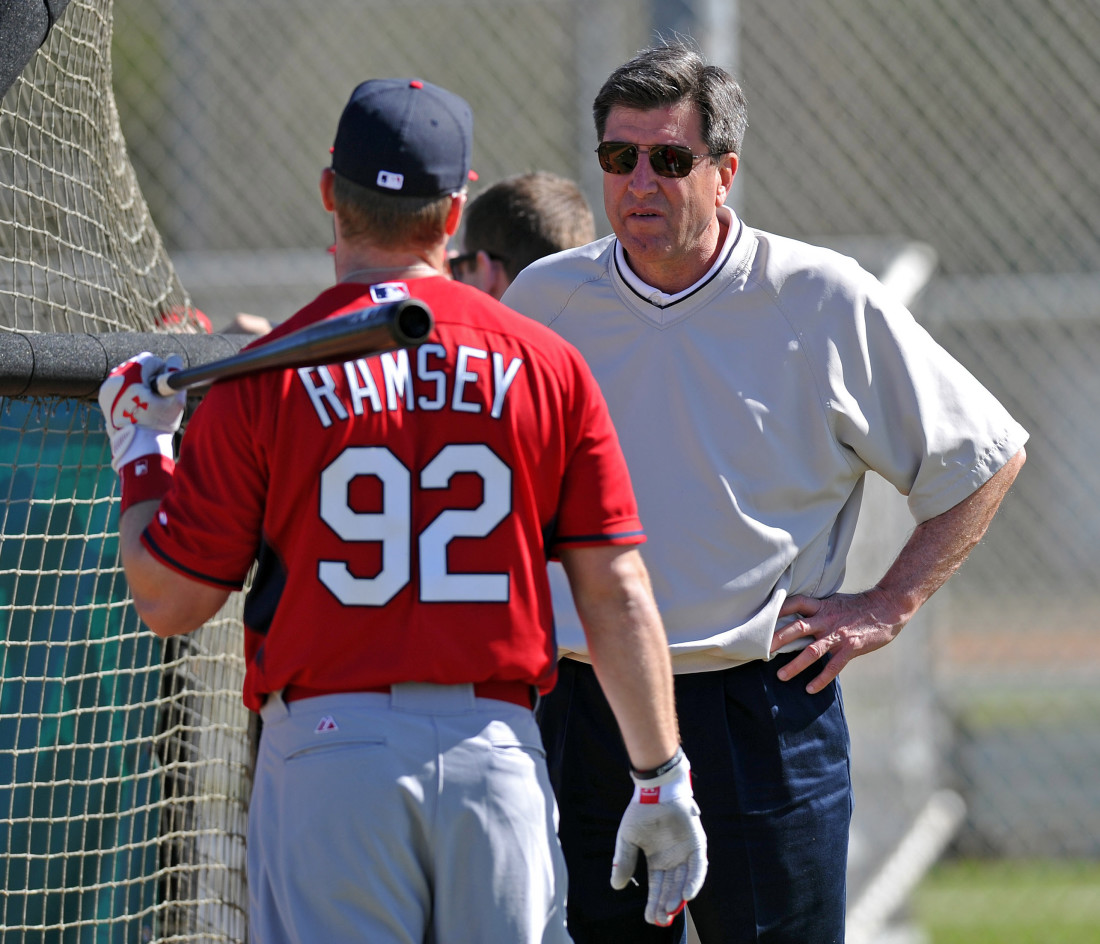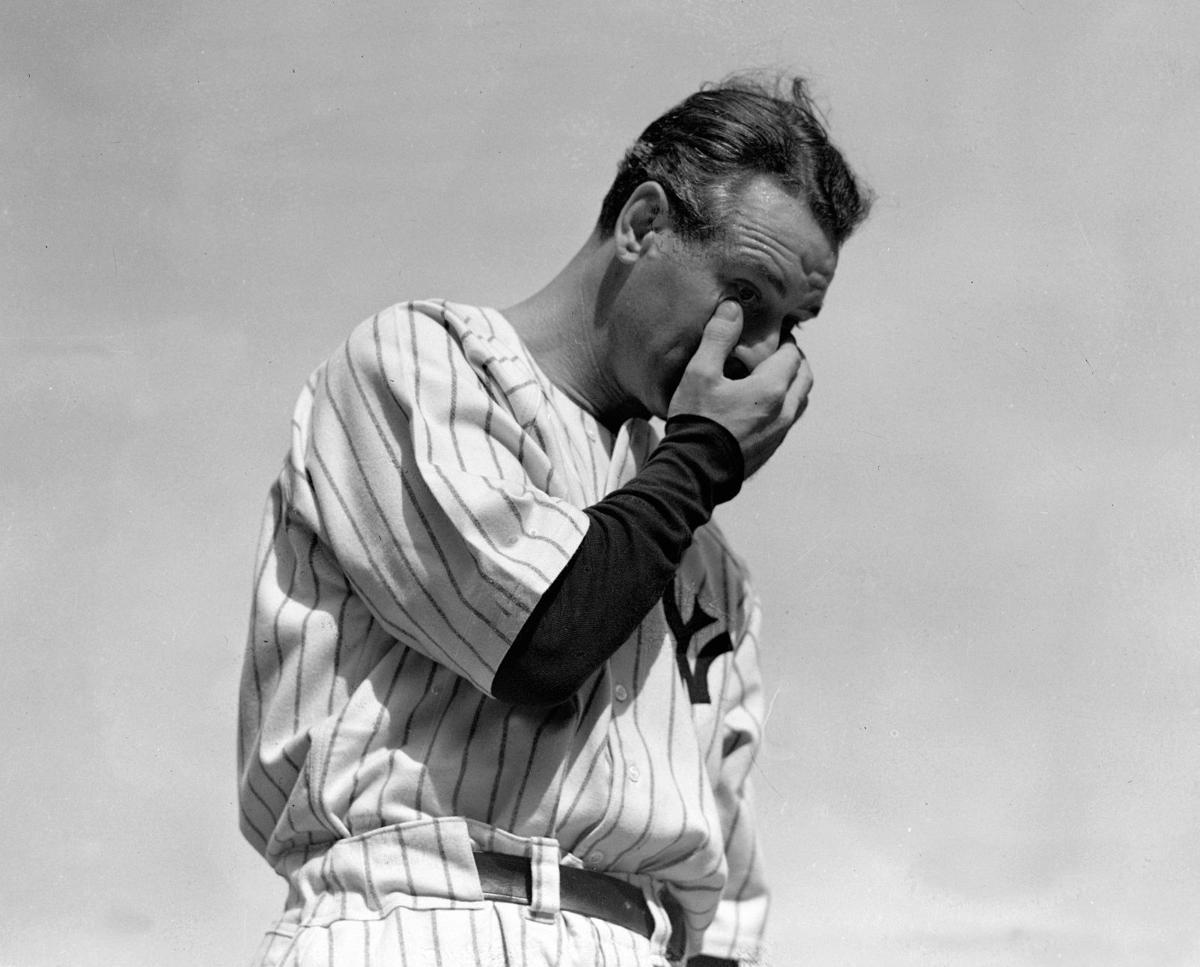When I first started covering the Mets’ minor league system in 2001, one of the first Mets’ executives I dealt with was Gary LaRocque, then the team’s scouting director.
Like many of the Mets’ executives at that point, Gary made the rounds in Brooklyn, and always took the time to answer questions about the Cyclones’ roster, how he felt players would develop at certain rungs up the ladder and so forth.
This was during the inaugural season of the Brooklyn Cyclones, which for me was an opportunity to cover a team that would play in the borough where I was born. It was also designed — in part — to bring the nostalgia of Coney Island and the old Brooklyn Dodgers back to life.
Gary, however, along with people like Guy Conti — who was the Mets Minor League Field Coordinator at the time — was there to make sure that each level of the minor leagues was as cohesive as it could be.
In my experience in covering the dynamics of then-GM Steve Phillips’ front office, LaRocque was a communicator with integrity. His goals were clear, the best way to keep the major league club in contention on a regular basis was to make sure “to be ready in the minor leagues and have players positioned.”
He also believed in treating player development based on a player’s individual needs as much as an overall organizational philosophy. When certain players — like David Wright, who he scouted and signed in 2001 — showed a maturity beyond their years, the idea of enhanced advancement was implemented with a few players. The key to this was constant communication with on-field personnel working together to decide the best course of action. This was a hallmark of LaRocque’s tenure.
As a former player — he was an All-American shortstop at the University of Hartford — LaRocque understood the intricacies of playing at a high level in college and then struggling in the minors for the Milwaukee Brewers, who drafted him in the 14th round of the 1975 draft.
He also managed in the Los Angeles Dodgers’ minor league system from 1981 to 1988, so he had the experience in the challenges of roster construction and understanding how to incorporate organizational goals with those of the day to day operations of a team.
LaRocque worked alongside Jim Duquette and Omar Minaya when those two execs became the GM in 2004 and 2005, respectively, and I personally know that both men valued his ability.
Unfortunately, organizational philosophy changed when Tony Bernazard joined the organization and LaRocque joined the St. Louis Cardinals, where his ideas were a perfect fit.
LaRocque didn’t invent “The Cardinal Way,” himself, but the aptly-named developmental process is an impressive legacy.
Howard Megdal, a Gotham Baseball alumnus, is the author of “The Cardinals Way: How One Team Embraced Tradition and Moneyball at the Same Time,” and detailed LaRocque’s contribution to the Cardinals’ success in that book and for an article at for SportsOnEarth.com
One man responsible for implementing The Cardinal Way system-wide is Gary LaRocque, a senior advisor for player development who came over to the Cardinals from the Mets in 2008. LaRocque stressed communication, with a particular emphasis on building personal relationships between players and staff, as paramount to developing talent.
“We spend a lot of time being extremely positive with our players,” LaRocque told me in a phone interview on Monday. “We make it clear we believe they can reach for that next level. I would like to think that we work extremely hard in the system with our managers, making the players understand that the coaching staff, they’re in it with the players. That’s our lifeline for our major league club. So the emotional aspect is very important.”
As LaRocque described that bond, it comes about by “follow-up and communication with a player, establishing a relationship … It’s not hard when a player’s doing well, because the player’s emotions are in check. But the minute you hit that speed bump, as a player, you need somebody there behind you.”
That communication is just as critical between the major league club, front office, and minor league staff.
Better communication between the front office and the major league staff, enhanced and cultivated instruction at the minor league level, a dedicated partnership with the minor league on-field personnel is just part of what is needed as the Mets search for new General Manager.
The problem with Sandy Alderson’s front office construct is that there are certain analytics people in high positions who hold field personnel in low regard, even as it became clear over the last two seasons how poor the instruction and communication has been. It is likely that these are the very same people who leaked the ageist and inaccurate idea that Fred Wilpon hates analytics.
For those who don’t know, Fred Wilpon loved the book “Moneyball” — documented in Adam Rubin’s “Pedro, Carlos (and Carlos) and Omar: The Rebirth of the New York Mets.”
In the book, a wonderful book about the 2005 offseason, Rubin documents that Fred Wilpon bought a copy of the book for all of the front office execs and made them read it.
So pay less attention to the narrative that’s being put out there, regarding the Mets shying away from analytics. It’s click-bait designed to trigger the fanbase (which is easily triggered these days) and isn’t fact. What the Mets are trying to find is a balance between the data and the old school feel of building an organization. What they are trying to find is a “Mets Way” of doing things.
Gary LaRocque is the perfect guy to make that happen.


